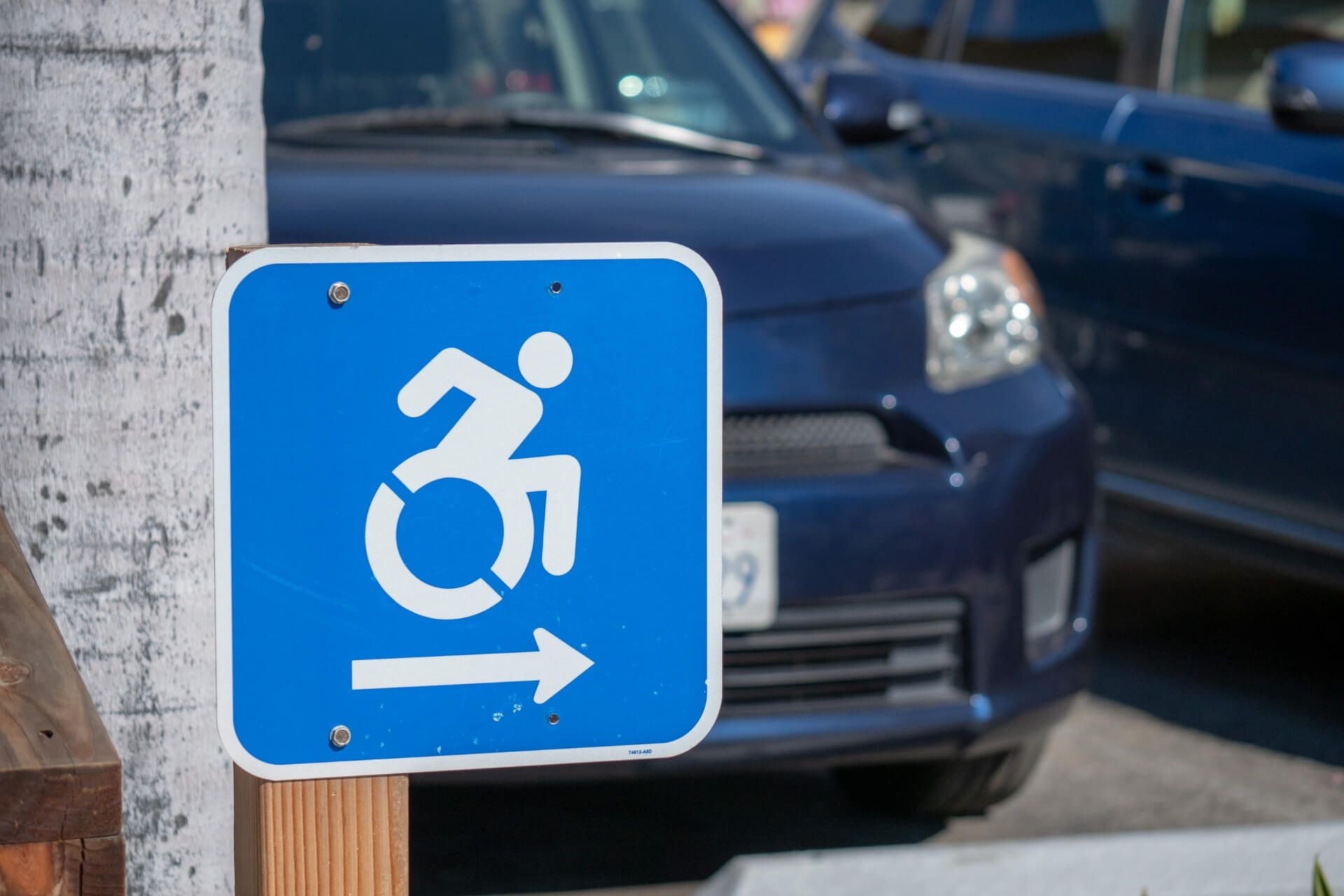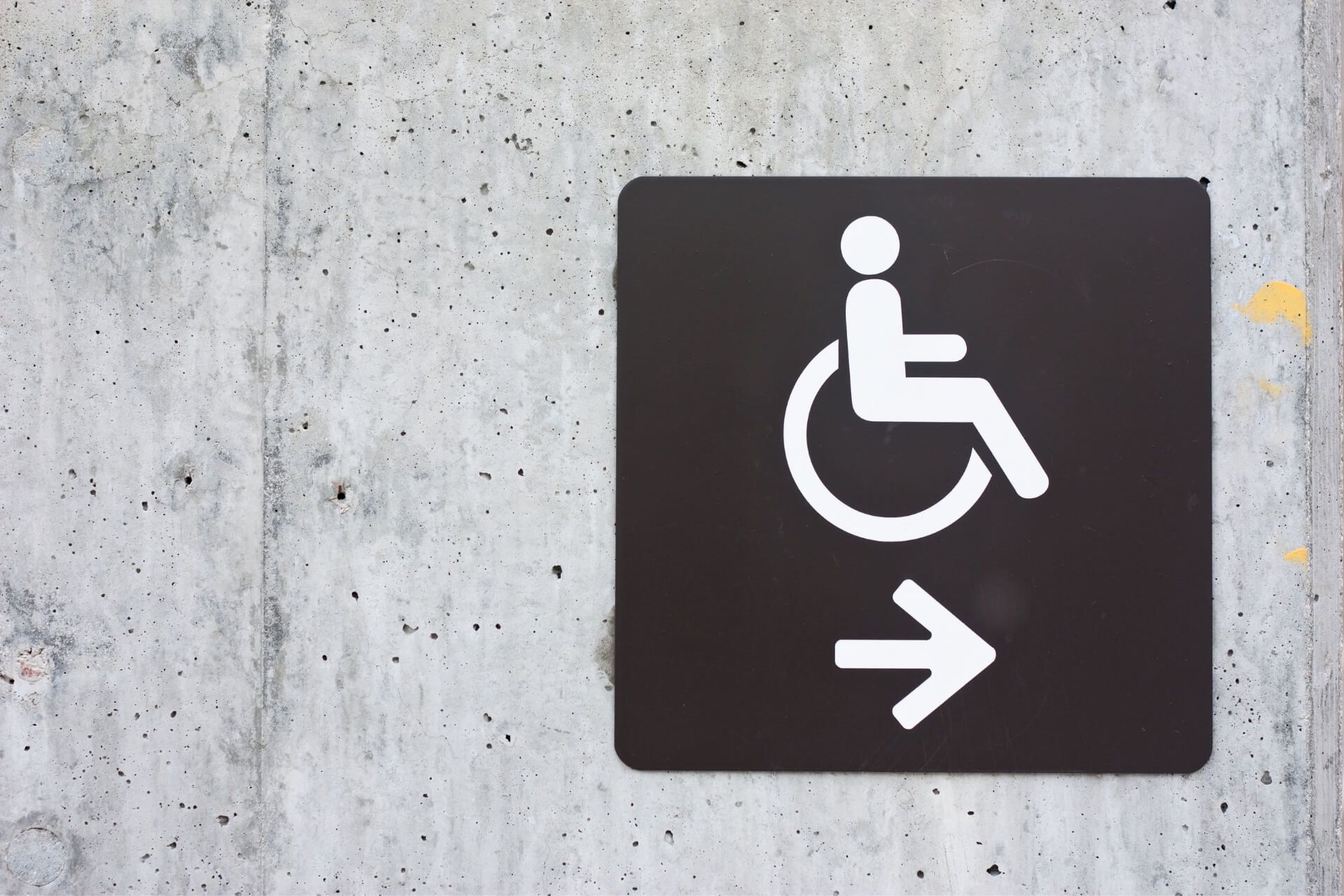Accessibility
What You Need to Know
In 1990, Congress passed The Americans with Disabilities Act (ADA). This legislation “prohibits discrimination against individuals with disabilities in all areas of public life, including jobs, schools, transportation and all public and private places that are open to the general public.” Housing is also included under the ADA, so as a landlord you need to be aware of your legal responsibilities when it comes to tenants with disabilities.
THE ADA AND WHAT IS CONSIDER A DISABILITY
According to the ADA “a person must have a physical or mental disability that substantially limits one or more major life activities” to be qualified under the ADA. This may include visual, hearing or mobility impairment, as well as various mental illnesses and disabilities. While medical conditions are protected under HIPAA laws and a landlord cannot require someone to disclose their disability, the ADA has very concise language that defines what is and is not considered a protected disability. It is important to be familiar with the details of the ADA and the Fair Housing Act.
“Reasonable Accommodations” and “Reasonable Modifications”
Under the ADA, landlords are required to make “reasonable accommodations for tenants with disabilities. A “reasonable accommodation is considered to be “a change in the rules, policies, practices, or services [of a housing provider], when such accommodations may be necessary to afford a handicapped person equal opportunity to use and enjoy a dwelling unit, including public and common use areas.” One common example is the allowance of service animals when animals would not be permitted otherwise.
“Reasonable modifications” are structural changes to make a property more accessible to those with disabilities. Here are some examples:
- Grab handles in the bathrooms
- Ramps to the front doors
- Widening entranceways and hallways
- Modifying stairways
- Counter and cabinet heights
As stated above, a landlord cannot require an applicant to disclose a disability or other health issue. However, once the lease is signed if a tenant requests a modification or accommodation, it is permissible to ask for proof of disability to make the property more functional and useful for that tenant.
Who is Financially Responsible for
Accommodations and Modifications?
Typically, the landlord is responsible for making “reasonable accommodations” for someone with a disability. In many cases unless the property is listed as a “federally assisted housing structure” the tenant is likely responsible for making “reasonable modifications” to the structure and may be required to return the property in its prior condition at the end of the lease term. The landlord is under no obligation to take on undue financial hardship to comply with the ADA.
It is vitally important that any landlord understands their obligations under tenant/landlord laws, one of which is the ADA. The US Housing and Urban Development website will provide greater detail regarding what is and is not a landlord’s responsibility under The Americans with Disabilities Act.











